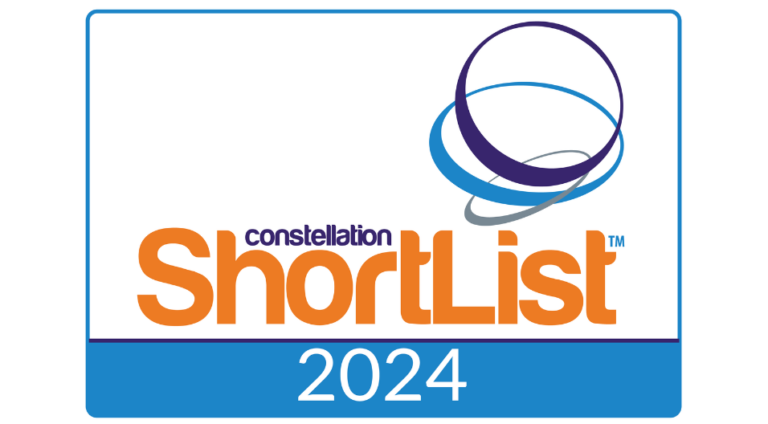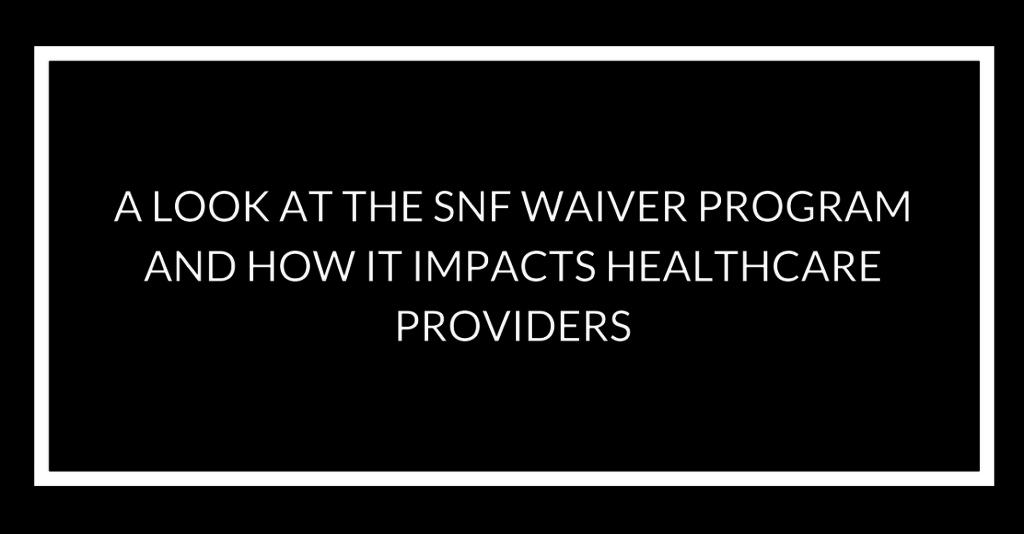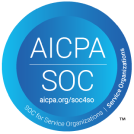Value based care programs have proven to provide innovative processes and policies that can positively impact care delivery across the care continuum. One lesser-known benefit to some of these alternative payment models (APMs) is the SNF waiver. The SNF waiver was developed first for bundled payment programs (BPCI, CJR) and is now utilized in a variety of shared savings programs including NextGen ACOs and ACO Track 1.
What the waiver does is eliminate the need for a patient to meet the standard three inpatient days (PPDs) prior to being eligible to transition to a skilled nursing facility (SNF). While the PPD requirement is meant to keep patients safe and ensure they do not need additional hospital care, which is typically more expensive as it provides more care services, under certain circumstances, patients may benefit from bypassing additional inpatient day and being transferred to a skilled nursing facility sooner.
With the SNF waiver, patients who may benefit from a SNF stay, but do not require a three-day hospital stay, will be able to go to a SNF without needing to meet the requirement. For organizations taking advantage of the waiver, the benefits are reduced costs of care, in addition to the ability to personalize care plans based on an individual patient need.
The waiver originated under the voluntary bundled payments program, BPCI. As advocates of the waiver purported, patients who need additional care may not need a hospital stay to recover safely. In order to qualify for the waiver, organizations must submit a SNF affiliate list and work to showcase plans for admissions, communication, and care management.
As with most aspects of APMs, there is an increased focus on better coordinating care across providers while tailoring care plans to the needs of individual patients. This patient-centered approach is delivering value through reduced costs, better experiences, and ultimately better patient outcomes.
If you are interested in this topic, we invite you to explore some of these resources:








